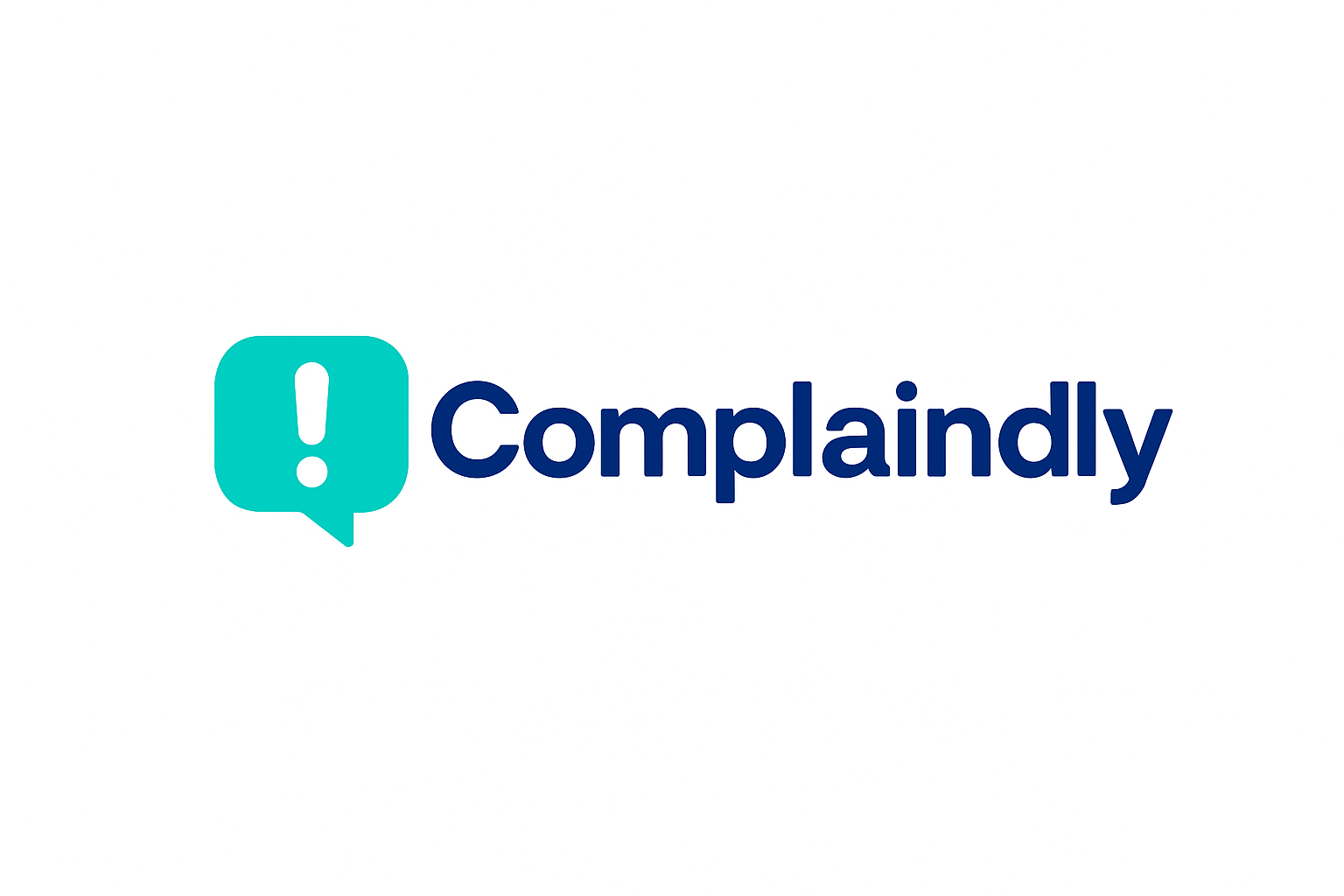How can a foreigner get a work permit in South Africa? It starts with landing a job offer from a South African company. They need to show the country needs your skills and that no local can do the job. After that, compile a pile of documents and send them to the Department of Home Affairs. It’s similar to persuading someone to lend you their automobile when they have a lot of other possibilities.
How Can a Foreigner Get a Work Permit in South Africa
Finding a job offer is the first step towards obtaining a work permit in South Africa. Employers must demonstrate that they were unable to hire a local candidate. Gather documentation such as a passport, credentials, and experience records. Submit the application to the Department of Home Affairs at a local office or an embassy overseas. Wait for approval after paying the fees, which might be very expensive. Depending on the type of permit—such as a vital skills visa or a normal work visa—the procedure varies. Everybody has their own norms and peculiarities.
There are several alternatives for work permits in South Africa. The three primary types are intra-company transfer, vital skills, and ordinary work visas. Each is appropriate for a certain circumstance, such as choosing between a truck, a car, or a bike on a journey.
See also: Requirements to open a Standard Bank account for foreigners
Those who have a job offer are eligible for the general work visa. The employer must demonstrate that they made a first attempt to hire a South African. This entails posting the position and demonstrating that no locals were qualified. It resembles a talent show with particularly strict judges.
People with abilities that South Africa truly needs, such engineers or doctors, are eligible for the vital skills visa. A person has an advantage if their role is on a list of high-demand jobs. Like a fast-pass ticket, no job offer is required up front.
Employees relocating to a South African branch of a foreign corporation are eligible for the intra-company transfer visa. It resembles a program for job exchange. It omits the local hiring proof and is transitory, typically lasting up to four years.
So, how can a foreigner get a work permit in South Africa? The majority of permits begin with a job offer. A contract detailing the position, salary, and length of service is provided by the employer. This agreement must be formal and signed; it cannot simply be verbal.
It may be necessary for the employer to submit a report to the Department of Labor. This indicates that they were unable to locate a South African for the position. Explaining why you are the only one capable of doing anything is similar to preparing a school report. This must be reliable because the Department closely examines it.
The paperwork follows. A passport that has at least two blank pages and is currently valid is required. Certification is required for copies of credentials, such as degrees or certificates. The South African Qualifications Authority (SAQA) may occasionally need to verify these, which is similar to sending your diploma on a road trip. Reference letters and other documentation of job experience are also required. Marriage or birth documents are also required for those who are married or bringing relatives.
The application is sent to the Department of Home Affairs, either locally or at an embassy overseas. It takes a while. Like waiting for water to boil on a slow stove, expect to wait a few months, and occasionally longer. The application and processing fees for a general work visa are approximately R1,520 and R1,350, respectively. Visas for critical talents are comparable. Since these sums are substantial, preparation is essential.
In South Africa, knowing how can a foreigner get a work permit in South Africa heavily relies on financial resources. In addition to application fees, there are other expenses. Legalizing papers, such as notarizing them, can be costly. Each qualification’s SAQA evaluation costs roughly R2,000. Depending on the circumstances, the cost of hiring an immigration expert might vary from R5,000 to R20,000. It’s optional but can make things easier, much like hiring a guide to assist you navigate a challenging walk.
In South Africa, the cost of living is also important. For a skilled position, a respectable wage might be R20,000 per month, but in places like Johannesburg or Cape Town, rent can absorb R10,000 of that amount. Bills, transportation, and food add much more. Someone must demonstrate their ability to sustain oneself, particularly if they have family. In order to determine if you can afford the party, Home Affairs may request bank statements or other evidence of income.
It’s not an easy process. Home Affairs can be delayed, and applications that don’t follow the requirements or have missing documents are refused. It is comparable to creating a cake; if you exclude one ingredient, it will not turn out well. It’s crucial to thoroughly review documents before sending them. Current forms, certified copies, and any necessary translations are important.
Another difficulty is demonstrating special abilities. The company must have a compelling case for a general work visa. Visit the Home Affairs website to get the most recent critical skills list for a critical talents visa. Like music trends, it evolves, therefore it’s important to stay current.
Making connections is beneficial. An important stage is receiving a job offer, which can come from knowing someone in the field. Social media groups or forums are common places for expats to exchange advice, much like a virtual hangout. Participating in these can provide helpful assistance and insights.
In certain situations, obtaining a work visa in South Africa becomes more complicated for foreign nationals. Spousal visas, which occasionally permit employment, are available to spouses of South African nationals. Although it’s a side entrance to the same objective, it’s not quite a work permit. Asylum seekers and refugees are subject to different regulations and may require specific permits in order to work lawfully.
The vital skills visa may not be appropriate for individuals working in creative industries, such as freelancers or artists. They may require a business visa, which entails establishing a business and making financial investments. Going from a simple walk to a full-on race is a huge step.
Following approval, the permit is connected to the employer or work. It’s as difficult as changing houses during a storm to apply for a new permit when you change jobs. Fines, deportation, or a ban from South Africa may result from working without a permit or from remaining after a visa has expired. Attempting to get extra snacks past security is not worth the risk.
It’s a good idea to save copies of all paperwork, including the permission. Like a teacher reviewing your work, Home Affairs may request proof at any moment. Since permits have expiration dates and delays might leave someone stranded, renewals require forward planning.
It takes time and effort to figure out how a foreigner might obtain a work permit in South Africa. It resembles a protracted ascent up a hill rather than a fast run. Every stage requires care, from applying for jobs to filling out paperwork. While using a trustworthy immigration agency can be beneficial, it’s easier to do your own research. With its combination of beauty and opportunity, South Africa is worth it, but the paperwork is serious business.
Maintaining organization and perseverance is essential for anyone pursuing this objective. For the most recent paperwork and fees, see the Home Affairs website. Make contact with those who have already done it. Additionally, maintain a sense of humor; it’s refreshing when dealing with red tape.
Disclaimer: The information provided in this blog is for educational and informational purposes only and should not be considered financial, investment, or legal advice. I am not acting as your financial advisor. You should always do your own research or consult with a qualified professional before making financial decisions.


